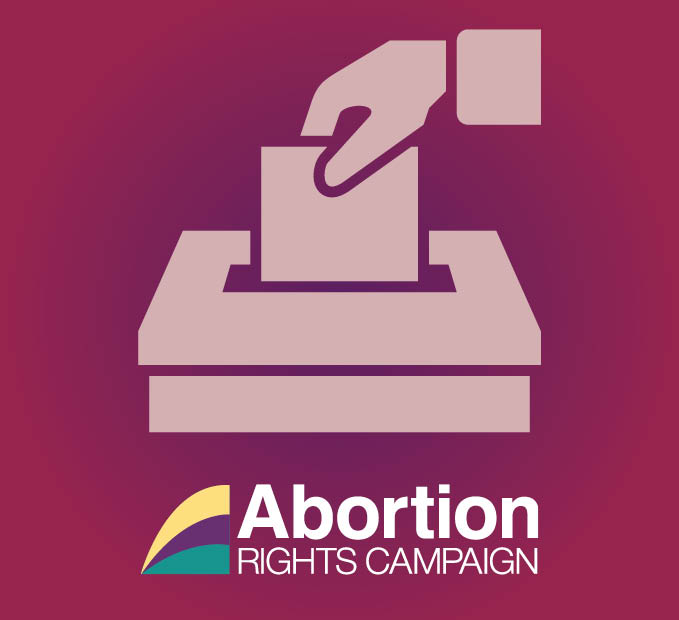
A momentous day for repeal movement in Ireland
The decision by Cabinet to hold a referendum on the Eighth Amendment is a critical step forward on the road to providing safe, regulated abortion care to women who need it, according to the national civil society campaign to repeal the Eighth Amendment.
The campaign is being led by the Coalition to Repeal the Eighth Amendment, the Abortion Rights Campaign, and the National Women’s Council of Ireland.
Ailbhe Smyth, Convenor of the Coalition to Repeal the Eighth Amendment, said: “This is a historic and momentous day for Ireland, and for the women of Ireland in particular. It has been a very long time coming. Today is a significant milestone for the tens of thousands of supporters who have been campaigning for decades to remove the Eighth from the Constitution for once and for all. We need abortion care that is safe and regulated, in line with best medical practice, and today brings us a crucial step forward in trying to achieve this important goal.”
Linda Kavanagh, spokesperson for the Abortion Rights Campaign, said: “We welcome the simple wording of the referendum question. We know that the people of Ireland want access to healthcare, and the right to make personal and private decisions. We cannot make any change to our abortion laws without removing the Eighth Amendment. Every day women continue to travel, including those who have become pregnant because of rape, or those who have been given a diagnosis of fatal foetal condition. The removal of this constitutional barrier to abortion care will make Ireland a more progressive and caring place for everyone.”
Orla O’Connor of the National Women’s Council of Ireland added: “It is very fitting that, today, when we celebrate International Women’s Day, the Cabinet approved the referendum bill on the Eighth Amendment. Over the next few weeks our campaign will be bringing important conversations about women’s health and decisions in pregnancy to every street and every corner of Ireland. Our campaign will be rooted in the experiences of women and girls and the type of healthcare services they need, including abortion care.”


The anti-abortion side make a lot of noise about their (inaccurate) claim that 90% of Down’s Syndrome pregnancies in the UK end in abortion, implying that the same will happen in Ireland if abortion is legalised.
However, UK abortion law explicitly includes physical or mental abnormality as a ground for abortion, whereas the outline Irish law doesn’t include such a ground, and the Oireachtas Committee explicitly rejected non-fatal foetal abnormalities as a greound for abortion.
Is it therefore accurate to state that diagnosis of Down’s Syndrome will not be grounds for abortion in Ireland?